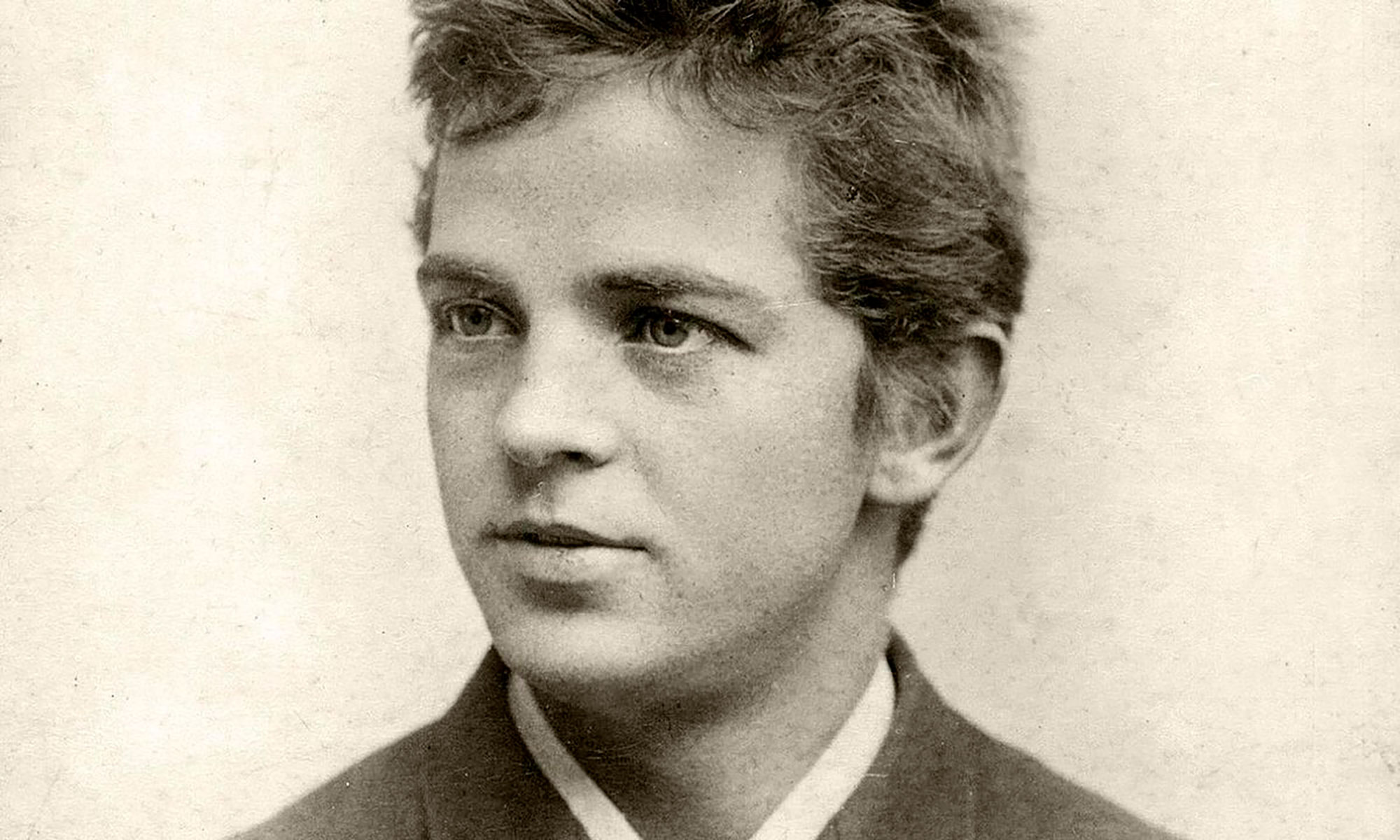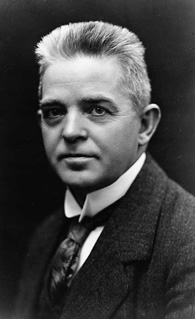Carl Nielsen, the renowned Danish composer, left an indelible mark on the world of classical music with his innovative compositions and distinctive style. Here are 10 fascinating facts about this musical genius:
- Childhood of Poverty: Carl Nielsen was born on June 9, 1865, in a small village near Odense, Denmark. He grew up in humble circumstances, with his father working as a poor house painter. Despite the financial struggles, Nielsen’s parents encouraged his musical talents from an early age.
- Self-Taught Musician: Nielsen’s formal education in music was limited, as his family couldn’t afford proper training. He taught himself to play various instruments, including the violin and piano, and began composing at a young age. His natural talent and determination eventually earned him a spot at the Royal Danish Academy of Music in Copenhagen.
- Versatile Composer: Nielsen’s compositional output spans a wide range of genres, including symphonies, chamber music, operas, and choral works. He experimented with different forms and styles throughout his career, constantly pushing the boundaries of traditional classical music.
- Symphonist Extraordinaire: Nielsen is perhaps best known for his six symphonies, which are regarded as some of the most significant contributions to the genre in the 20th century. His symphonies are characterized by their bold orchestration, rhythmic vitality, and innovative harmonic language.
- Nationalist Themes: Nielsen’s music often reflects his deep love for his native Denmark and its folk traditions. He drew inspiration from Danish folk music, incorporating elements of folk melodies and dances into many of his compositions. This nationalist sentiment is particularly evident in works like his Symphony No. 3, “Sinfonia Espansiva.”
- Trailblazer of Modernism: Despite his affinity for tradition, Nielsen was also a forward-thinking composer who embraced modernist ideas. He experimented with dissonance, unconventional harmonies, and complex rhythms, foreshadowing developments in 20th-century music.
- Conductor and Performer: In addition to his compositional endeavors, Nielsen was an accomplished conductor and performer. He served as the principal conductor of the Royal Danish Orchestra and conducted many of his own works during his lifetime, earning praise for his interpretations.
- Influential Teacher: Nielsen’s influence extended beyond his own compositions. He taught composition at the Royal Danish Academy of Music, where he mentored a new generation of Danish composers, including Vagn Holmboe and Knudåge Riisager.
- International Recognition: Nielsen’s music gained international acclaim during his lifetime, with performances of his works taking place across Europe and beyond. His reputation as a composer of great originality and significance continues to grow, with his compositions regularly featured in concert halls worldwide.
- Legacy and Honors: Carl Nielsen’s contributions to music were widely recognized both during his lifetime and posthumously. He received numerous awards and honors, including the Order of the Dannebrog, Denmark’s highest honor for a civilian. His legacy endures through his enduringly popular compositions, which continue to inspire and captivate audiences around the globe.


Comments are closed